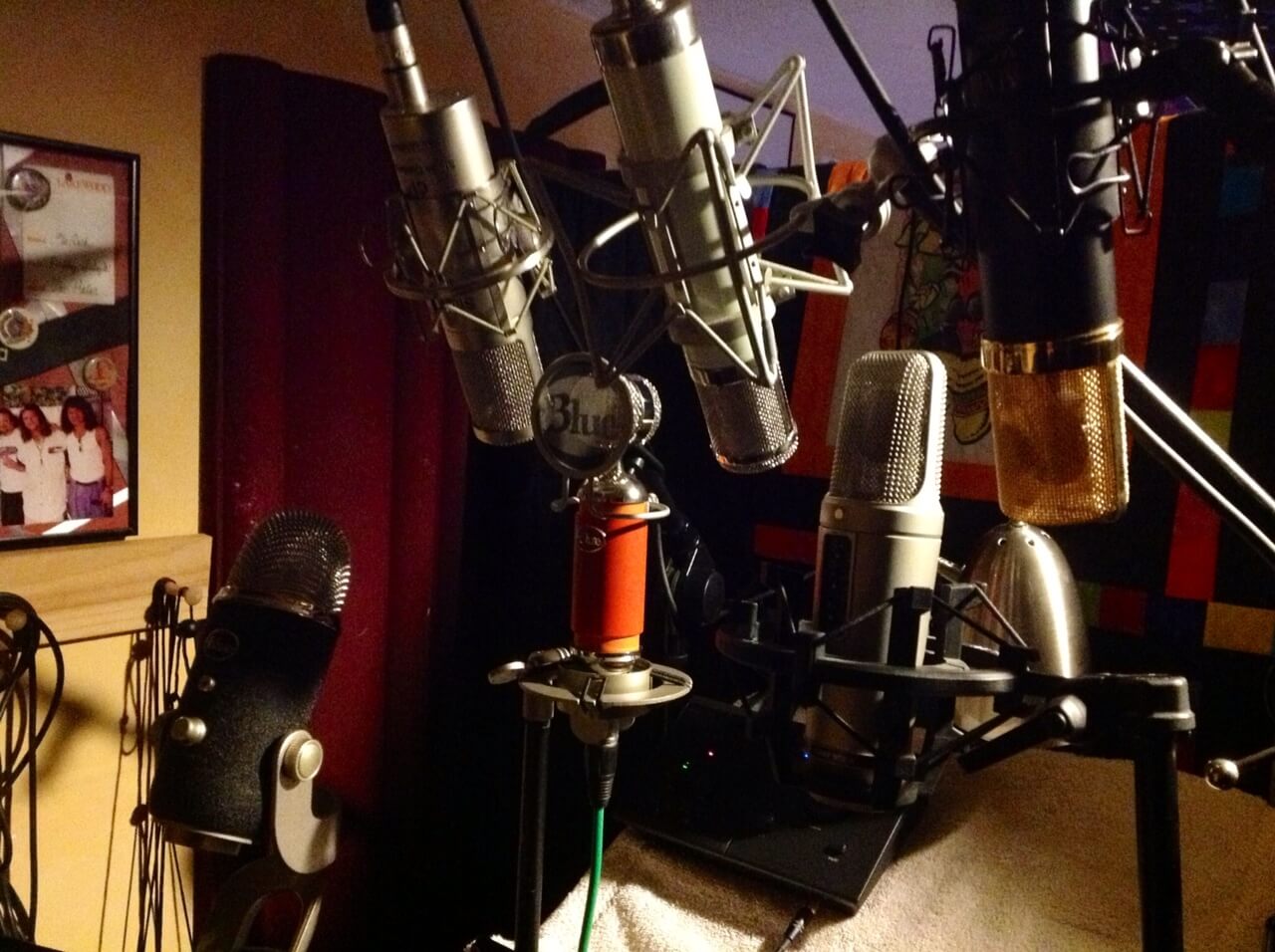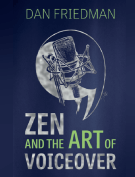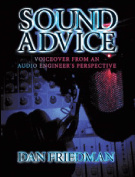 The voiceover industry… we all know that it is a place to make some fast and easy money with minimal investment. I already have a voice! I know how to read! Audacity is free! I can buy a USB microphone for less than $100! What more could I possibly need?
The voiceover industry… we all know that it is a place to make some fast and easy money with minimal investment. I already have a voice! I know how to read! Audacity is free! I can buy a USB microphone for less than $100! What more could I possibly need?
Ugh!!
Here are two things I’ve been hearing and seeing quite a bit lately. First, people in desperate situations hoping that becoming a voiceover talent will be the answer to all of their financial troubles. Second, people commenting (complaining?) about the amount of money they need to invest, in an effort to be or remain competitive.
At one time or another, nearly all of us have dealt with financial or other challenges. At the time I left college and went to recording school, I owned: a small pickup truck, a mattress, three milk crates (which held my clothes and some books) a small refrigerator and not much else. I lived in a crappy apartment with two (usually intoxicated) roommates. I rented P.A. equipment to set up live shows and saved every extra dollar of income (sometimes a dollar was all that was “extra”) to start buying microphones and cables. Slowly, I began to acquire some critical pieces of gear. I was passionate about what I was doing and wasn’t going to let my circumstances get in the way of achieving my goals.
That journey began in 1995. Needless to say, I was in a difficult financial situation. Since that time, my passion and my financial situation have changed. My needs and the technology have changed a little bit too. 😉 What hasn’t changed is my desire to succeed. This means I must invest in my business. To this day I continue to purchase new equipment and invest in training, marketing, legal, travel and many other things that this business requires so that I may remain competitive.
If you are thinking about becoming a voiceover talent, it is absolutely necessary to have some other source of income while you’re getting started. In fact, of the many people I know personally who are professional voiceover talent, there are only a handful who do voiceover work exclusively and have no additional source of income. Many are also musicians, actors, artists, photographers, teachers, coaches, consultants, graphic designers, copywriters, salesmen… the list goes on and on. Some even have “real jobs” in a real office.
While it is entirely possible to earn a good living, for most just starting out, it can take years before they see a return on their initial investment. Also, far too many beginners are by-passing training and decent equipment in exchange for the “opportunity” to jump right in and go after low-paying jobs. This may seem like a good idea, until you consider time, taxes, and the invariable need to eventually upgrade equipment and/or environment. The small amount of income and the certainty that daily rejection will become a part of your life (you didn’t think you were going to win every audition did you?) can make even voiceover seem no better and maybe even worse than many other jobs.
Furthermore, many VO jobs and leads come from peers and other industry professionals. If you are working as a bottom feeder in the business with little or no training and only fair or poor quality recordings, who will trust you enough to recommend you to agents or better paying clients?
Being in a place of financial or emotional desperation is not a good starting point for a career that requires emotional connection, often over-the-top positivity, and unwavering dedication toward doing one thing everyday to help build your business. Also, if you are in that desperate place, I certainly wouldn’t suggest adding the daily rejection that accompanies a voiceover career to your life here. Nothing good can come from that. If you are looking at voiceover as a simple way to make a quick buck, then it is probably not the right path for you. It is neither simple or quick. I’m not looking to shatter anyone’s dream here. But it is important to have realistic expectations and a clear understanding that this business is not a fast track to wealth and financial security.
On the other hand, if a career in voiceover is truly your passion than no matter what your circumstances, you will find a way to make your dream become reality. Develop a realistic plan to help you get started. Read out loud everyday. Read about the industry everyday. When you are able, get training. Practice listening. Invest in your recording environment and in the best sounding gear you can afford in your current situation. Be patient and persevere. Make a full commitment to voiceover as a career by taking small but calculated steps. It will take some time, but with the a good foundation and passion (vs. desperation) as your motivation… you will succeed.
 Anyone who follows
Anyone who follows 
 By Dan Friedman Choosing a Voiceover Microphone.
By Dan Friedman Choosing a Voiceover Microphone.


